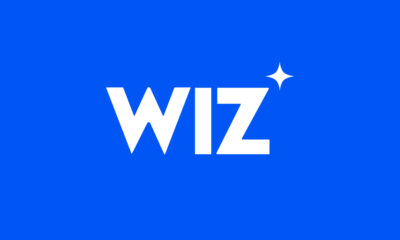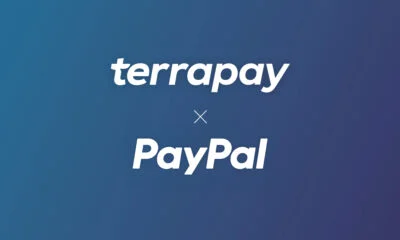News
Callsign Predicts Widespread Fraud As We Approach 2023
Experts have made five predictions for the new year based on conversations with customers in the private and public sectors.

Digital trust and security experts, Callsign, have just released their predictions for 2023 in relation to fraud. The company has listed several emerging trends that will affect banks, telecommunication companies, social media, and eCommerce platforms. Here’s a summary of their top five predictions:
Dormant Account Takeovers Will Increase
Callsign’s first prediction is that dormant bank accounts — where consumers have not used a service for an extended period — will increasingly be utilized by fraudsters to launder illegal money.
Once a dormant account has been taken over, scammers will likely use deceptive social media adverts and phishing to trick unsuspecting members of the public into sending money.
Buy Now, Pay Later Fraud Will Rise
Buy now, pay later (BNPL) is already very popular in the Middle East, and will only continue to grow over the coming years. Unfortunately, the BNPL market isn’t yet as well regulated as other financial sectors, which can often mean neglected security protocols.
Callsign predicts that there will be a sharp rise in BNPL fraud in 2023, with businesses being exposed to various types of refund scams and more accounts will be opened using stolen or fake credentials.
Deep Fake Technology Will Become More Sophisticated
Although deep fake videos of celebrities make for interesting viewing, the technology does have a much darker side. Callsign reports that scammers are already using the technology to convince consumers to part with their cash, utilizing a mixture of visual identification and impersonation.
Fraud Will Enter The Metaverse
Web 3.0 is being heralded as a way to enable seamless connectivity across platforms and networks, with the potential to allow deeper collaborations and new opportunities for business and learning. As great as all of that sounds, the metaverse will undoubtedly suffer from many of the same issues currently plaguing the regular internet, including fake avatars, scams, and fraud.
Callsign thinks that 2023 will be the first year where widespread criminality makes its way onto Web 3.0, and depressingly, believes that “everything wrong from a security perspective with social platforms today will be considerably worse in the metaverse of tomorrow.”
A New Cycle Of Victims Will Emerge
According to Callsign’s Digital Trust report, Middle Eastern consumers tend to have higher levels of digital trust than those in other regions. That means that despite digital fraud being widespread for decades, 2023 will see a whole new segment of the global population falling victim to scams as greater numbers of people take their work, finance, and social lives online.
News
Google Releases Veo 2 AI Video Tool To MENA Users
The state-of-the-art video generation model is now available in Gemini, offering realistic AI-generated videos with better physics, motion, and detail.

Starting today, users of Gemini Advanced in the MENA region — and globally — can tap into Veo 2, Google’s next-generation video model.
Originally unveiled in 2024, Veo 2 has now been fully integrated into Gemini, supporting multiple languages including Arabic and English. The rollout now brings Google’s most advanced video AI directly into the hands of everyday users.
Veo 2 builds on the foundations of its predecessor with a more sophisticated understanding of the physical world. It’s designed to produce high-fidelity video content with cinematic detail, realistic motion, and greater visual consistency across a wide range of subjects and styles. Whether recreating natural landscapes, human interactions, or stylized environments, the model is capable of interpreting and translating written prompts into eight-second 720p videos that feel almost handcrafted.
Users can generate content directly through the Gemini platform — either via the web or mobile apps. The experience is pretty straightforward: users enter a text-based prompt, and Veo 2 returns a video in 16:9 landscape format, delivered as an MP4 file. These aren’t just generic clips — they can reflect creative, abstract, or highly specific scenarios, making the tool especially useful for content creators, marketers, or anyone experimenting with visual storytelling.
Also Read: Getting Started With Google Gemini: A Beginner’s Guide
To ensure transparency, each video is embedded with SynthID — a digital watermark developed by Google’s DeepMind. The watermark is invisible to the human eye but persists across editing, compression, and sharing. It identifies the video as AI-generated, addressing concerns around misinformation and media authenticity.
While Veo 2 is still in its early phases of public rollout, the technology is part of a broader push by Google to democratize advanced AI tools. With text-to-image, code generation, and now video creation integrated into Gemini, Google is positioning the platform as a full-spectrum creative assistant.
Access to Veo 2 starts today and will continue expanding in the coming weeks. Interested users can try it out at gemini.google.com or through the Gemini app on Android and iOS.





















